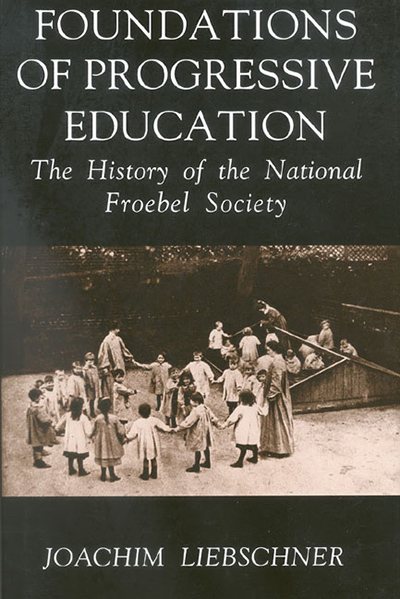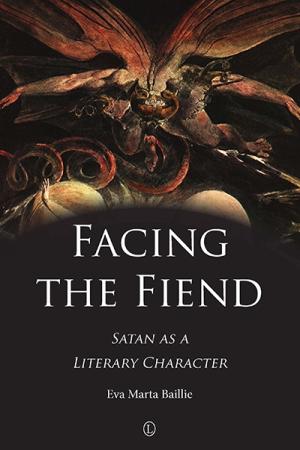Description
This is the story of a handful of people who changed British Education. These people, mostly young women, were members of a society which tried to put into practice the educational philosophy and principles of Friedrich Froebel. Following his ideas, they believed that a child’s intellectual, spiritual and physical development came about through the child’s own endeavours, that play was an integral part of the learning process and that every child, regardless of ability, was important.
Through their founding of the Kindergarten movement in Great Britain, and through constant lobbying of successive ministers of education, these women and their society, The National Froebel Society, were able without doubt to fundamentally influence the evolution of education in this country.
About the Author
Joachim Liebschner has been working in the field of education for over 40 years, and has taught in primary schools and universities. He has been an external examiner for the theory and practice of education for London University and Froebel College, University of Dublin. He has lectured on Froebel in the USA, Ireland and Malta, has been involved in the National Froebel Foundation of which he is a Trustee.
Contents
Acknowledgements
Foreword
Introduction
1. Friedrich Froebel – The Man and His Ideas
2. The First Fifteen Years
3. The Turn of the Century
4. A Time of Expansion
5. The Future Looked More Promising Than Ever
6. Set-Backs in the 1920s
7. Froebelian Practices Enter Junior Schools
8. War and Educational Reconstruction
9. Creative Activities are an Essential Part of Primary School Education
10. The Last Chapter of the Froebal Movement may yet have to be Written
Bibliography
Index






